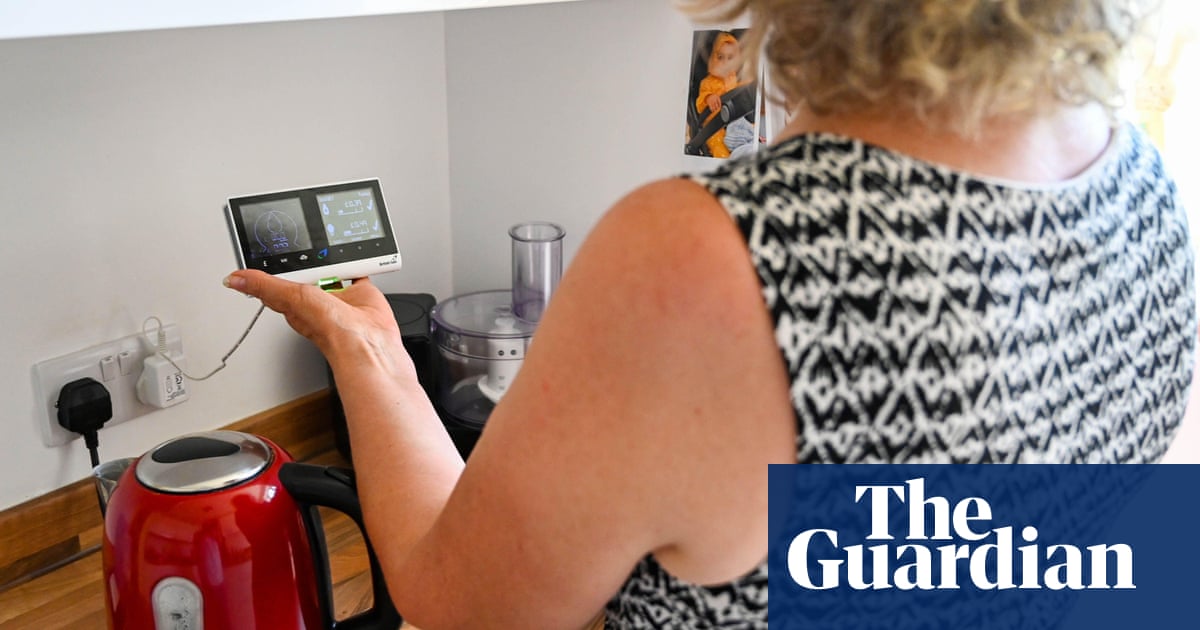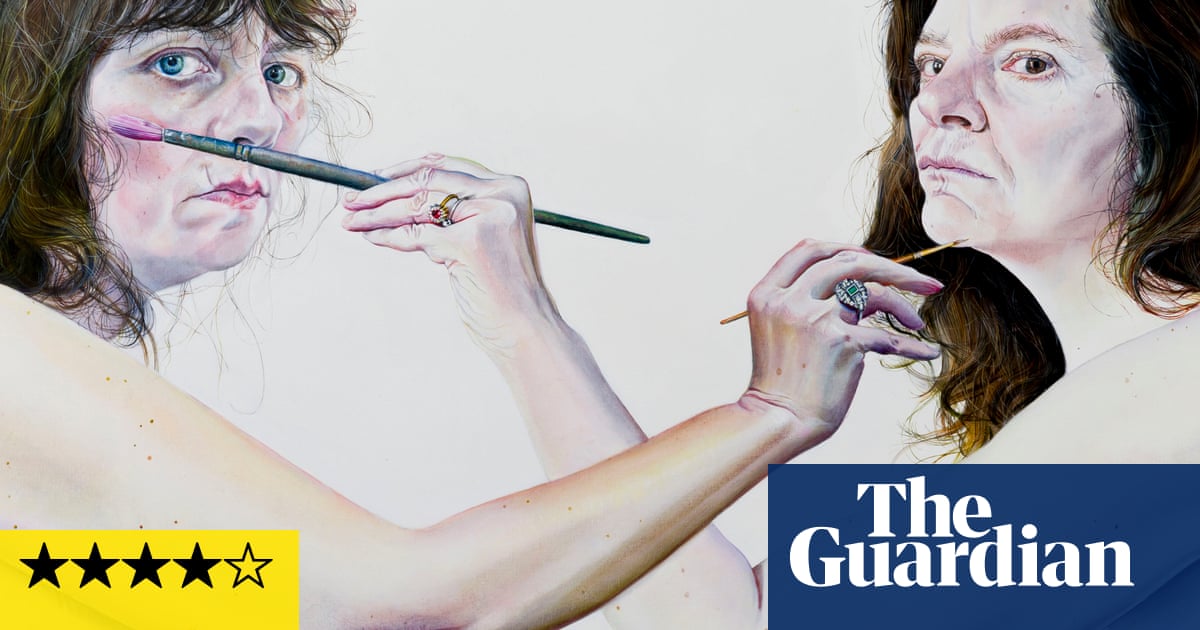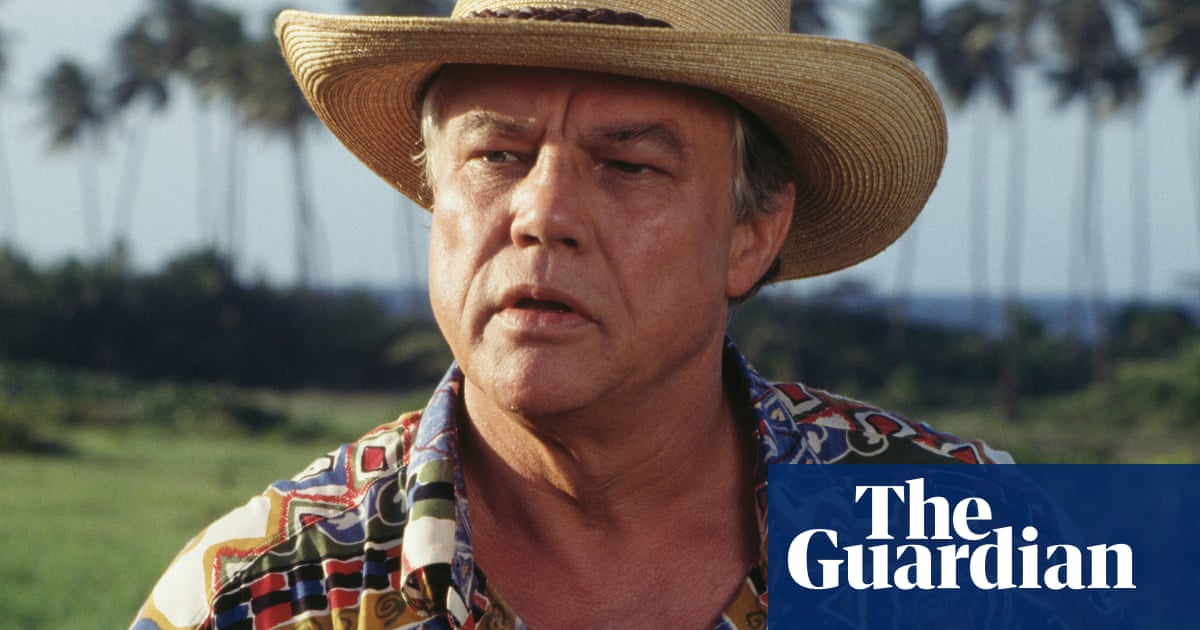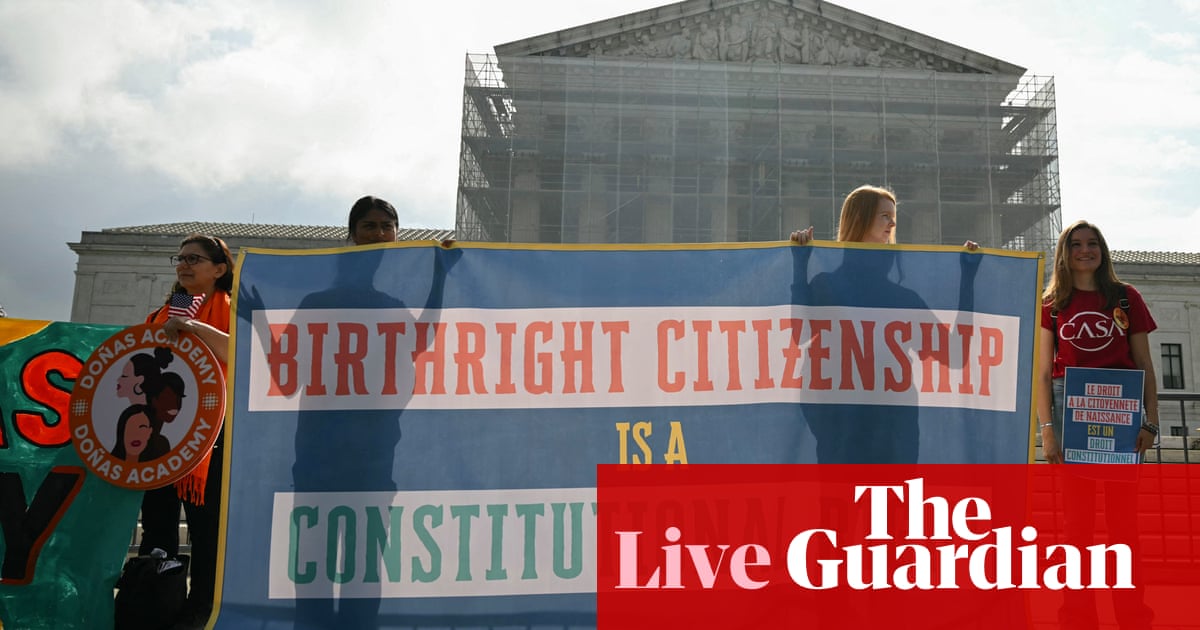I saw the play on my own, at the Mayfair theatre in London in 1977. There were four women on stage, in very ordinary clothes, in an ordinary flat. That was really unusual. And they weren’t elegant. I don’t remember thinking, oh, these are nice, stylish women in terrific clothes, which I was used to seeing.
At that time there were no other plays like that. I was in my 20s and hadn’t seen anything where the women were at the centre, but not idealised or sidelined. They were the play. And I found that just revolutionary.
Dusa, Fish, Stas and Vi are all very different. One is a lawyer. One is a kind of waif who has anorexia. One is a physiotherapist leading a double life. And the other has two children who, during the course of the play, are taken away from her by the husband she has just divorced. He’s not on stage, just kind of present as one of the problems. So there is quite a bit of drama, but it’s done very lightly.
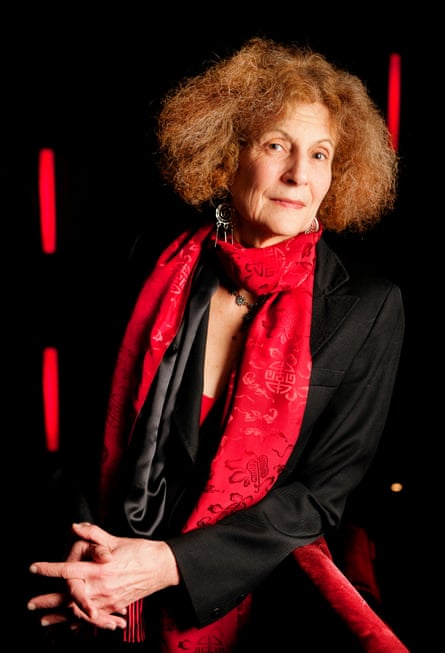
It was a complete reversal from most of the plays you see by men about women where the problem is always the woman in one way or the other. You still see this a lot – men grappling with things, and then there is a problem and that is often a woman. Even in great plays such as Long Day’s Journey Into Night, where the mother is a fantastic character, she’s still there as a problem. Here it’s different. These women are grappling with their own problems. They had problems with men, which is a completely different thing. They were very full, very flawed, very interesting.
I’m not sure I was even thinking about writing plays myself when I saw it. There just weren’t plays by women at that time. I certainly didn’t consider myself a playwright. But this made me think it was possible.
You do see many more fabulous plays these days by women. And one’s inclined to think, oh, well, that’s OK then. But the statistics remain incredibly disappointing when you look at how many plays by women are produced.
You wonder why after Pam Gems there weren’t suddenly 25 plays by women, but even after writing Piaf, her Édith Piaf drama, she was kind of sidelined. It’s as if the success of a female playwright is not really recognised or accepted. I was surprised by how little I knew about her, actually. I was shocked to discover that there’s no biography of her.
She was fearless and took on whatever subject she wanted to – she also wrote very well about men! It’s not that easy for female playwrights to do that. But she had the courage just to decide that people were people and a woman could write about any of them.
As told to Lindesay Irvine

 5 hours ago
5
5 hours ago
5
